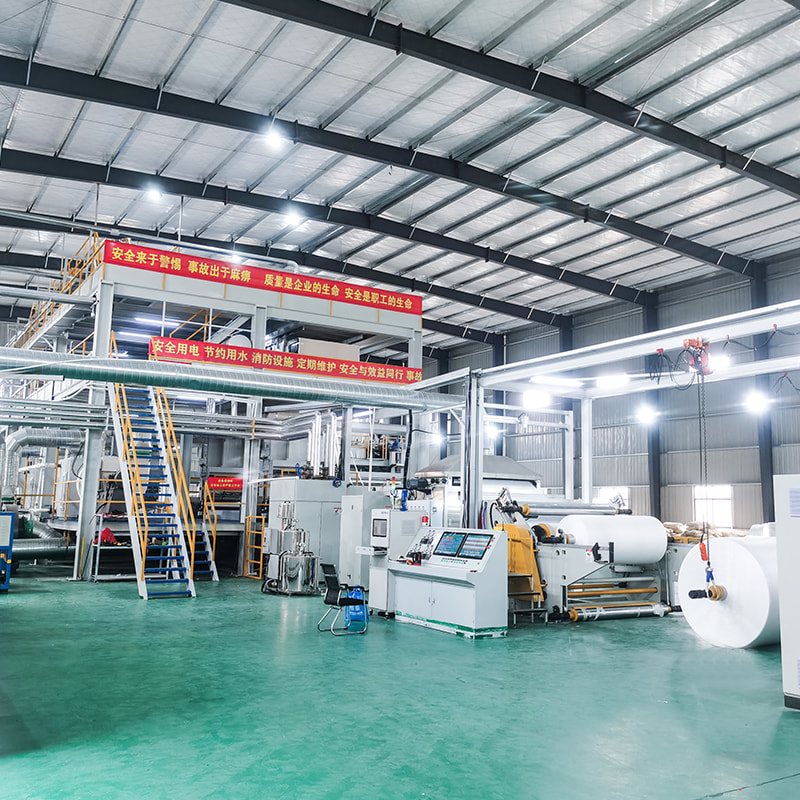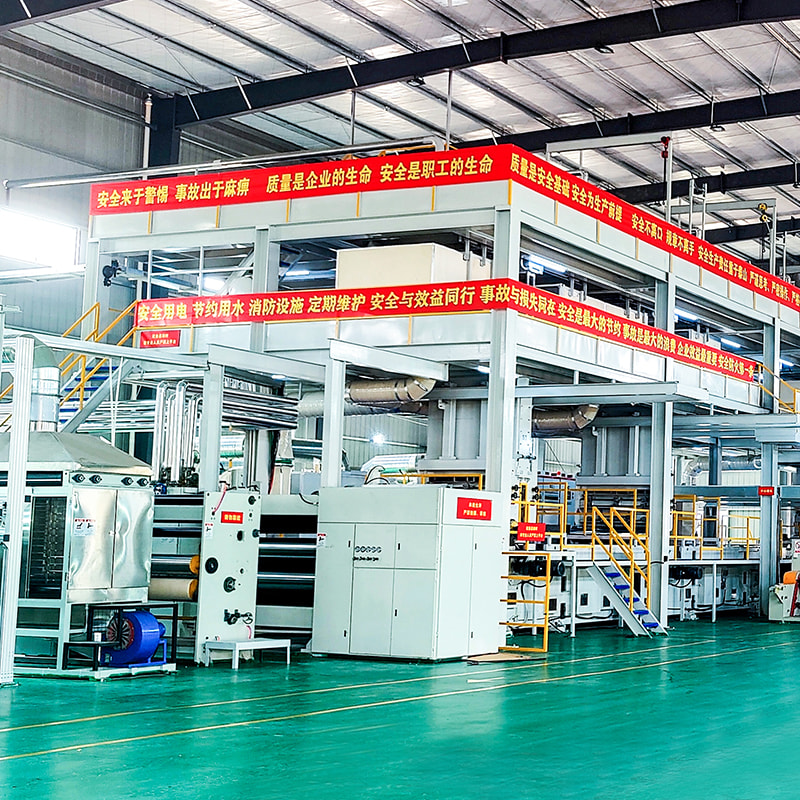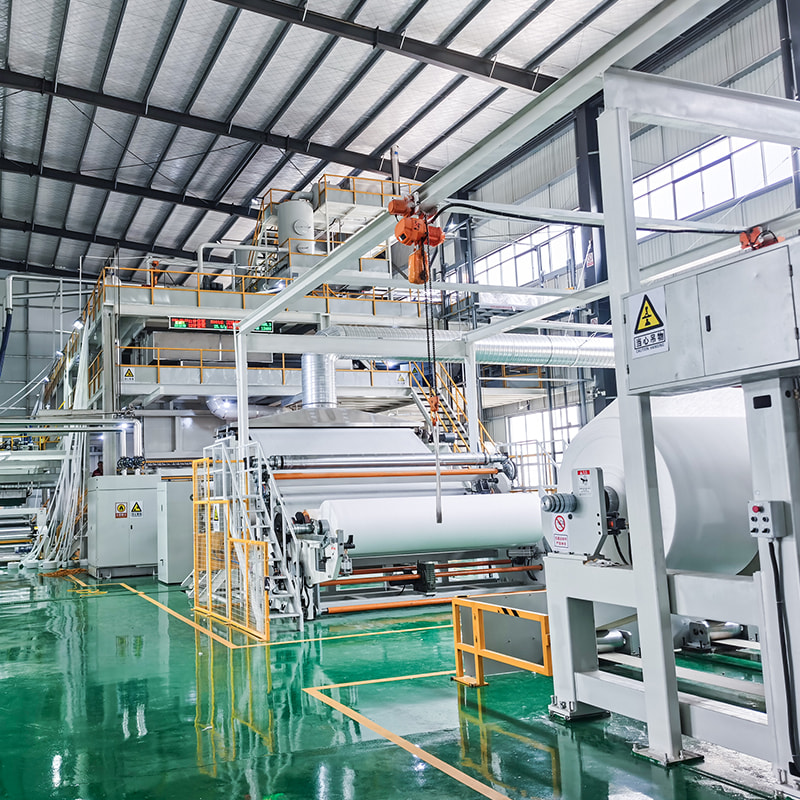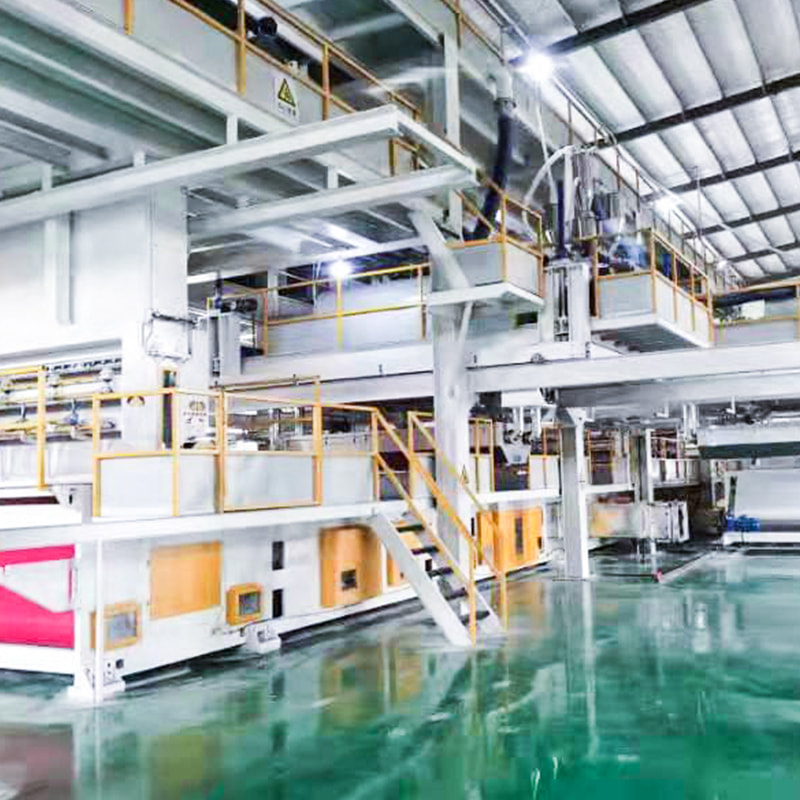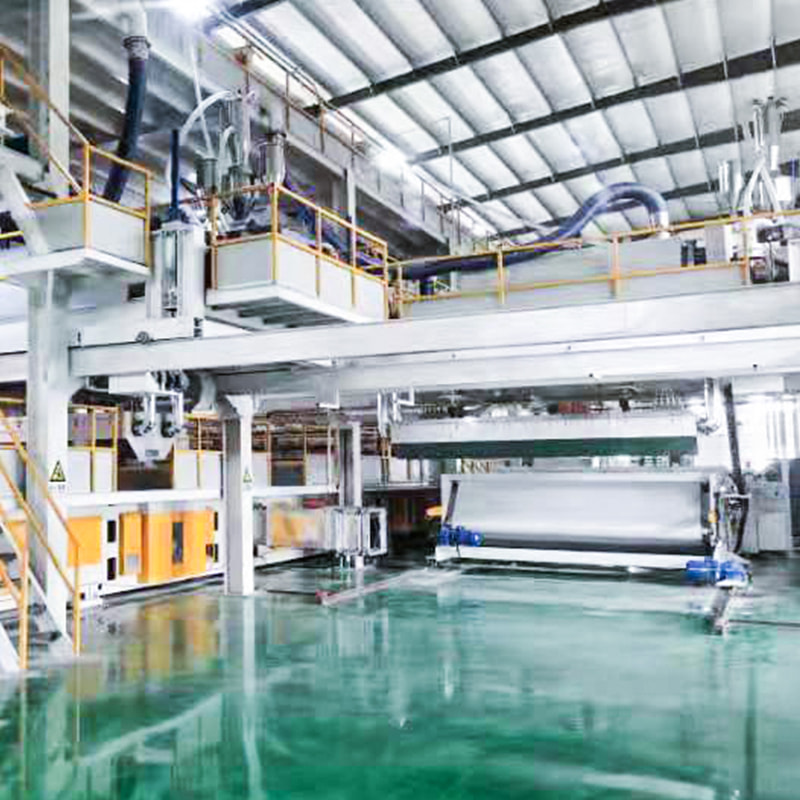Scaling up production from initial pilot runs to full-scale manufacturing is a critical phase for any business operating with a Nonwoven Spunmelt Machine. As a manufacturer with extensive industry experience, we understand the challenges involved in maintaining consistent fabric quality while increasing output capacity. Successfully expanding production requires careful planning around machine setup, process optimization, quality control, and logistics to meet growing market demands without compromising performance.
When transitioning from small-scale trials to continuous, large-volume runs, one of the first considerations is the machine configuration and parameters. The Nonwoven Spunmelt Machine must be precisely calibrated to maintain optimal filament denier and fabric weight across higher speeds and longer operation times. This balance directly affects the durability and functionality of the spunbond and meltblown layers produced. Our machines are engineered with flexibility in mind, allowing manufacturers to fine-tune settings that accommodate different raw materials and product specifications.
Effective maintenance practices become increasingly vital as production scales. Regular machine inspections and preventive servicing reduce downtime and minimize defects such as web inconsistencies or filament breaks. At the same time, investing in skilled operators familiar with the nuances of spunmelt technology ensures swift responses to any process deviations. These operational insights, gained from years of manufacturing experience, translate into smoother runs and better overall equipment effectiveness (OEE).
Quality control protocols must evolve with scaling efforts, too. Continuous monitoring of fabric weight, tensile strength, and filtration performance ensures every batch meets stringent standards. Integrating real-time data acquisition with the Nonwoven Spunmelt Machine can alert operators early to variations, helping to avoid costly rework. Such quality assurance measures are essential when fabrics are destined for sensitive applications like medical masks, hygiene products, or protective garments.
Beyond the technical setup, logistics and supply chain management are crucial factors in scaling production efficiently. Timely procurement of raw polypropylene granules and coordinating delivery schedules prevents material shortages that can halt operations. Similarly, planning storage and shipping for increased fabric volumes requires foresight to avoid bottlenecks. Our experience as a supplier and exporter informs clients on optimizing these aspects to sustain steady production flow and meet market deadlines.
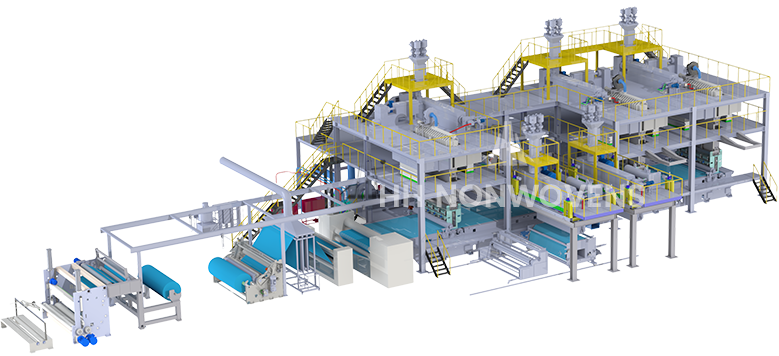
Scaling production is not just about increasing volume but also about sustaining the value and performance that end-users expect. The Nonwoven Spunmelt Machine’s ability to consistently produce multi-functional fabrics at higher speeds makes it an excellent investment for manufacturers aiming for growth. With proper setup, maintenance, and quality control, manufacturers can confidently expand their operations while delivering superior products.
As an industry-leading provider of Nonwoven Spunmelt Machines, we support our customers throughout their scaling journey with tailored advice and technical service. Our goal is to help manufacturers unlock their full production potential while maintaining fabric integrity and operational efficiency. By leveraging our expertise, businesses can overcome common scaling hurdles and thrive in competitive markets.
In conclusion, scaling production with a Nonwoven Spunmelt Machine involves more than just running the machine longer or faster. It requires a comprehensive approach that addresses machine settings, maintenance, quality assurance, and supply chain logistics. Doing this thoughtfully ensures a smooth transition from pilot production to full-scale manufacturing, enabling companies to capitalize on new opportunities with confidence and precision.







 English
English 中文简体
中文简体 русский
русский عربى
عربى